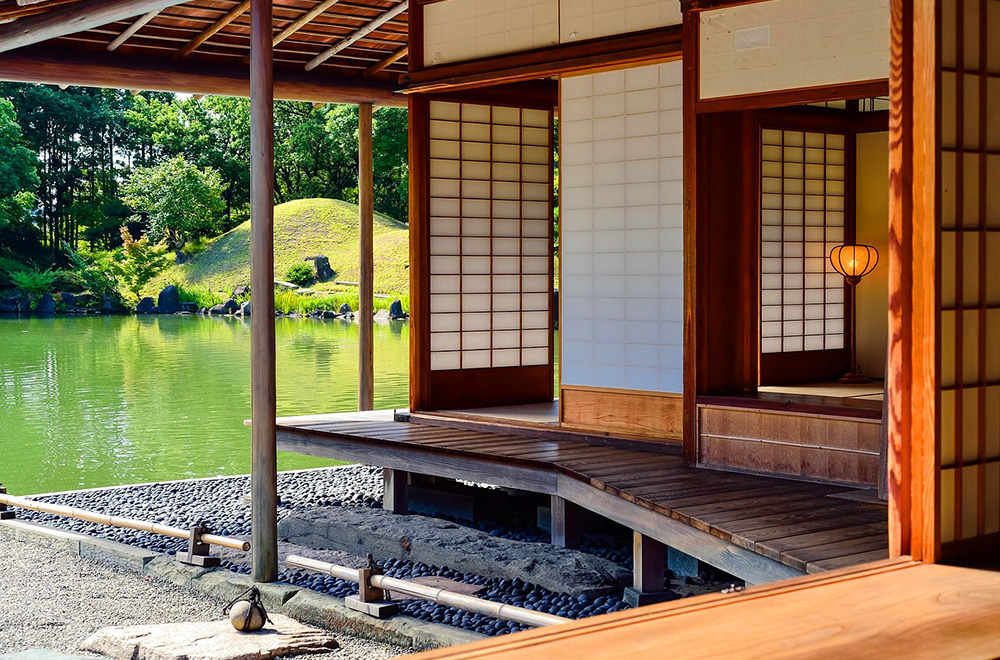
Japan’s real estate market holds a hidden treasure: akiya, or abandoned homes. With millions of these vacant properties scattered across rural towns and smaller cities, many foreign and domestic investors are now eyeing akiya as affordable opportunities. But before making a purchase, it’s crucial to know how to accurately assess the value of an akiya.
In this article, we break down the key factors to consider when evaluating an akiya to ensure your investment is sound, secure, and aligned with your goals.
1. Location: The Golden Rule of Real Estate
Location is one of the most significant factors in determining an akiya’s value. Ask yourself:
- Is the property near a train station or main road?
- How far is it from major cities like Tokyo, Osaka, or Kyoto?
- Does the region have tourism potential (e.g., hot springs, ski resorts, historical sites)?
- Are there convenience stores, supermarkets, or schools nearby?
Properties in attractive regions like Hakuba, Karuizawa, or Kamakura typically carry more value and potential ROI.
2. Land Ownership Type
Check if the akiya includes freehold (所有権, shoyuken) land or if it’s leasehold (借地権, shakuchiken). Freehold means you fully own the land and house. Leasehold properties can be harder to resell and may require additional payments to the landowner.
3. Structural Condition and Renovation Needs
Inspect the building’s structure:
- Roof condition (common issue in older akiya)
- Presence of mold, leaks, or termite damage
- Foundation cracks or structural instability
- Plumbing and electrical system updates
An akiya needing only cosmetic upgrades (e.g., new floors, paint) is far more valuable than one requiring a full renovation. Consider hiring a licensed inspector or architect to get a professional opinion.
4. Size, Layout, and Usability
- What’s the total land area (土地面積) and floor space (延べ床面積)?
- Is the layout practical for modern use?
- Does it include multiple bedrooms or spaces that can be converted into a rental or guesthouse?
- Are there outdoor areas like gardens or parking?
Larger properties may offer more flexibility but could also come with higher maintenance costs.
5. Legal Status and Registration Issues
Before making an offer, confirm the following:
- The property is properly registered in the Japanese land registry
- There are no unresolved inheritance disputes, unpaid taxes, or multiple owners
- It complies with local zoning and building regulations
Legal complications can delay the purchase or make the property harder to transfer or renovate.
6. Market Trends and Comparable Sales
Research recent akiya sales in the same area to get a comparative price benchmark. Rural towns with government revitalization programs may show upward trends in property values.
Useful tools include:
- Local municipal websites
- Real estate listing platforms (like Suumo, At Home)
- Certified real estate agents or notary agents like Akiya Heaven, with private access to Japan’s national database
7. Access to Utilities and Infrastructure
Make sure the akiya has (or can be connected to):
- Running water and sewage
- Electricity and gas
- Internet access (fiber optic availability is a plus)
Lack of modern infrastructure significantly reduces value and livability.
8. Potential for Income or Lifestyle Use
Evaluate how the property could serve your goals:
- Short-term rentals (e.g., Airbnb or guesthouse)
- Share houses or long-term rentals
- Vacation homes or countryside retreats
- Farming, artist residencies, or cultural tourism projects
The more versatile the akiya is, the more future value it holds. Especially in tourist-friendly or revitalized areas.
Final Thoughts: Partner With Akiya Experts
Assessing the value of an akiya involves more than just looking at the price tag. It requires a holistic view of the property’s location, condition, legal standing, and potential. Whether you’re buying for lifestyle reasons or as a long-term investment, working with professionals who understand the Japanese real estate market is essential.
At Akiya Heaven, we help non-resident foreigners acquire, assess, and renovate akiya across Japan. As certified agents with access to Japan’s national property database, we provide complete support from sourcing to registration.
Contact Us Today!
Ready to explore the potential of an akiya? Reach out to us at contact@akiyaheaven.jp to discuss your options and begin your journey toward owning a unique Japanese property. Akiya Heaven’s experts are here to answer your questions and provide the guidance you need. Unlock the potential of an akiya and turn an abandoned home into your ideal property. Contact us now to learn more!
